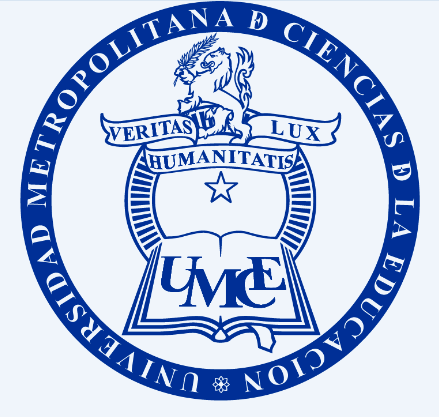Main Article Content
Apr 17, 2017
Abstract
Este estudio examina unos conceptos lingüísticos
y pedagógicos
del
estudioso
chileno
Eduardo
de la
Barra (1839-1900).
Nos
interesa
sobre todo
la
reacción
del
señor de la
Barra
a
la
obra
de dos lingüistas
alemanes
que
habían
sido
contratados
para enseñar en
el
Instituto Pedagógico de Chile,
Federico
Hanssen
(1857-1919)
y Rodolfo
Lenz
(18631938).
En
su
crítica
de los alemanes, de la
Barra
toca
diversos
temas
lingüísticos,
entre
ellos:
(1)
el
origen
de la
lengua
española,
(2)
la
unidad
del
castellano
en América
y en
España,
(3)
la
relación
entre
la
síntesis
y el
análisis
en la
descripción
lingüística,
(4)
la
metodología
de
la
lingüística
antropológica
y
(5)
la
metodología
de la
enseñanza de idiomas.
De esta
manera el
pensamiento
del
señor
de
la
Barra
sirve
para iluminar
el
contexto
lingüístico
y cultural
de su época,
período
caracterizado
no
sólo
por un creciente
sentido
de
nacionalidad
en Chile,
sino
también
por
numerosas
innovaciones
en los
campos de la
lingüística
descriptiva,
diacrónica
y
pedagógica.
Downloads
Policies for open access journals
Authors who publish here accept the following terms: Authors will keep their copyright and will guarantee the journal the right to the first publication of their work, which will be subject to the Licence of Creative Commons acknowledgement, which allows for the use of this material only if the authorship is credited and the original source is acknowledged (the journal’s URL), and if it is not used with commercial ends and with any derivations of the original work.
Authors may adopt other non-exclusive license agreements of distribution of the published version (e.g. to save it onto a digital institutional archive or publish it in a monographic volume) only if the initial publication of this journal is indicated.
It is permitted and recommended for authors to divulge their work on the Internet (e.g. institutional digital archives or webpage) before and during the submission process, which may lead to interesting exchanges and increase the citations of the publication. (See Open Access Effect).






